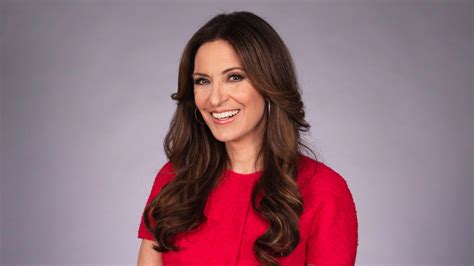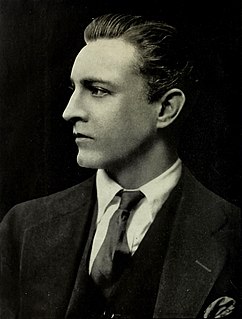A Quote by Andrew Motion
Those who say we should dismantle the role of Poet Laureate altogether, the trick they miss is that being called this thing, with the weight of tradition behind it, and with the association of the Royal family, does allow you to have conversations and to open doors, and wallets, for the good of poetry in a way that nothing else would allow.
Related Quotes
That's one of those questions that would just love to have a pat answer. You know, poetry's job is to make us feel good. Poetry exists to allow us to express our innermost feelings. There isn't one role for poetry in society. There are many roles for poetry. I wrote a poem to seduce my wife. I wrote a poem when I asked her to marry me. Poetry got me laid. Poetry got me married.
If you would get money as a writer or lecturer, you must be popular, which is to go down perpendicularly.... You are paid for being something less than a man. The state does not commonly reward a genius any more wisely. Even the poet laureate would rather not have to celebrate the accidents of royalty. He must be bribed with a pipe of wine; and perhaps another poet is called away from his muse to gauge that very pipe.
Though the blame cannot be placed entirely on publishers, I do think a more diverse pool of editors would go a long way toward broadening the perspective. Our role is to work together to create books that act as wide-open doors - books that allow all children to walk through and feel safe enough to stay.
I would always say to anyone, you make choices that are important to you. Don't allow yourself to be exploited by something as fleeting as fame and fortune. If you're presenting yourself in a way that important to you in communicating your vision, then so be it. No one should allow themselves to be exploited ever.
In your language you have a form of poetry called the sonnet…There are fourteen lines, I believe, all in iambic pentameter. That’s a very strict rhythm or meter…And each line has to end with a rigid pattern. And if the poet does not do it exactly this way, it is not a sonnet…But within this strict form the poet has complete freedom to say whatever he wants…You’re given the form, but you have to write the sonnet yourself. What you say is completely up to you.
Virtues are in the middle, the royal way about which the saintly elder (Saint Basil the Great) said, "Travel on the royal way and count the miles." As I said, the virtues are at the midpoint between excess and laxness. That is why it is written, "Do not turn to the right or the left" (Prov 4:27) but travel on the "royal way" (Num. 20:17). Saint Basil also says, "The person who does not allow his thoughts to incline towards excess or deprivation but directs it to the midpoint, that of virtue, is upright in heart."
You love someone, you open yourself up to suffering, that’s the sad truth. Maybe they’ll break your heart, maybe you’ll break their heart and never be able to look at yourself in the same way. Those are the risks. You see two people and you think they belong together, but nothing happens. The thought of losing so much control over personal happiness is unbearable. That’s the burden. Like wings, they have weight, we feel that weight on our backs, but they are a burden that lifts us. Burdens that allow us to fly.







































